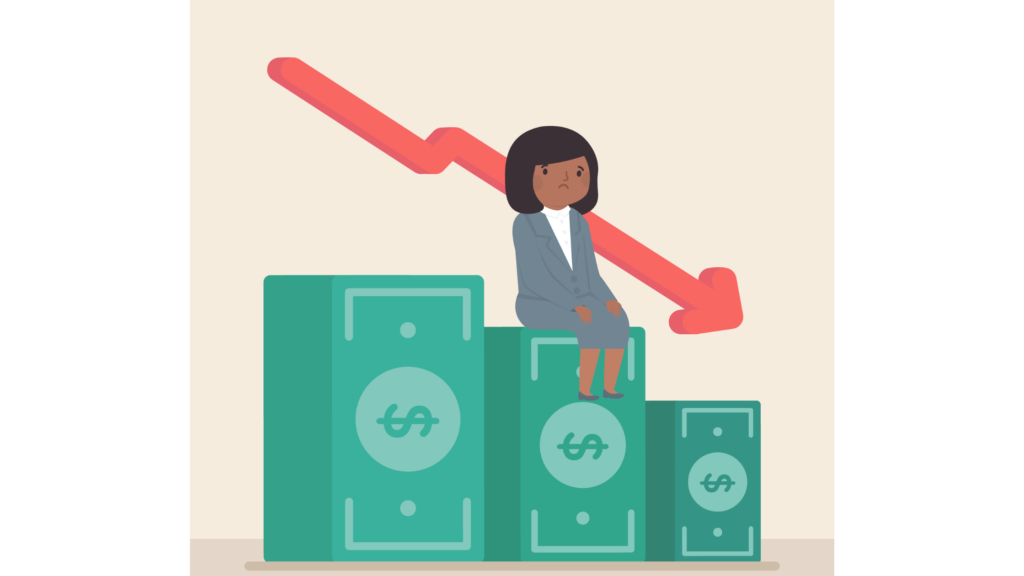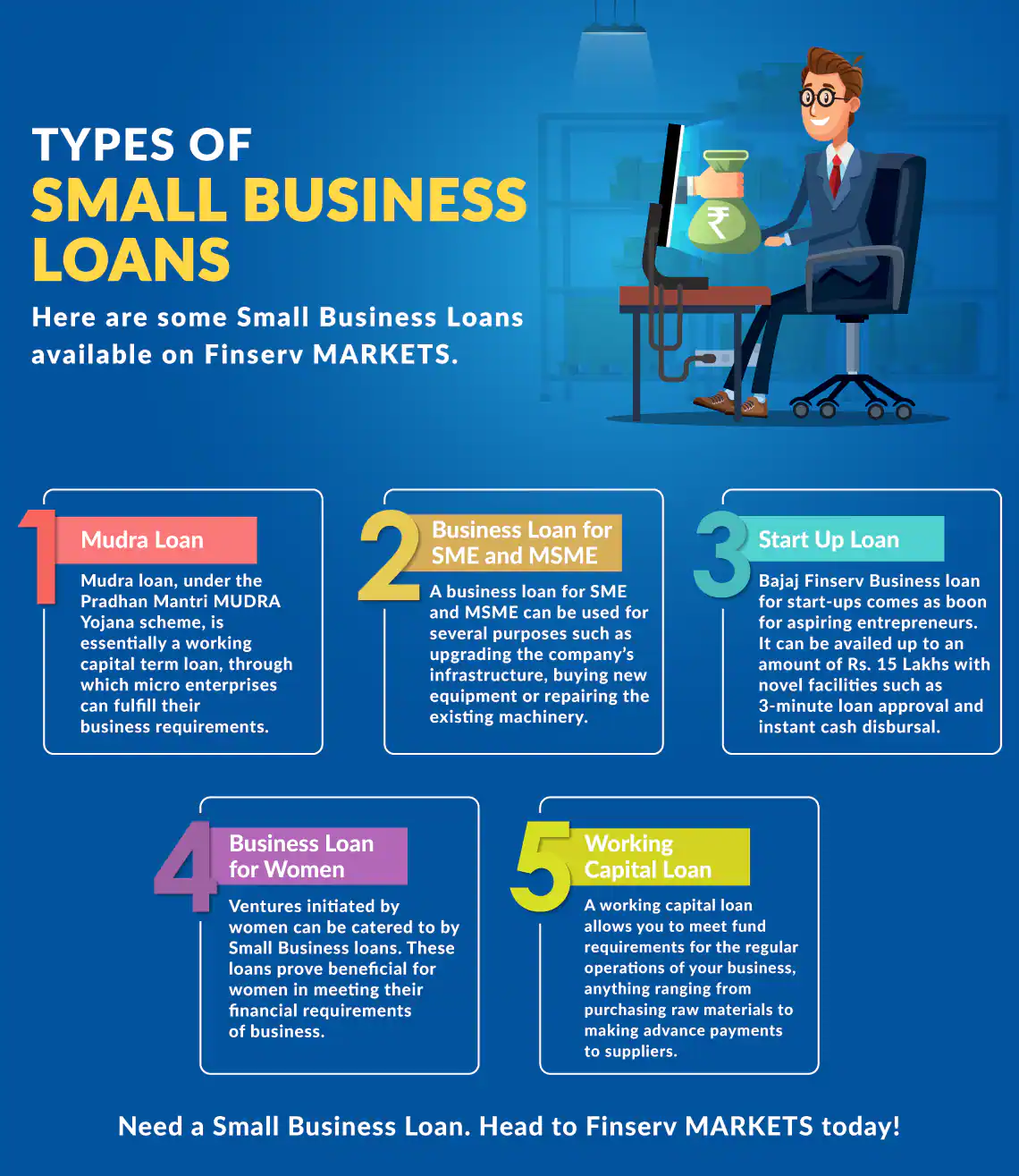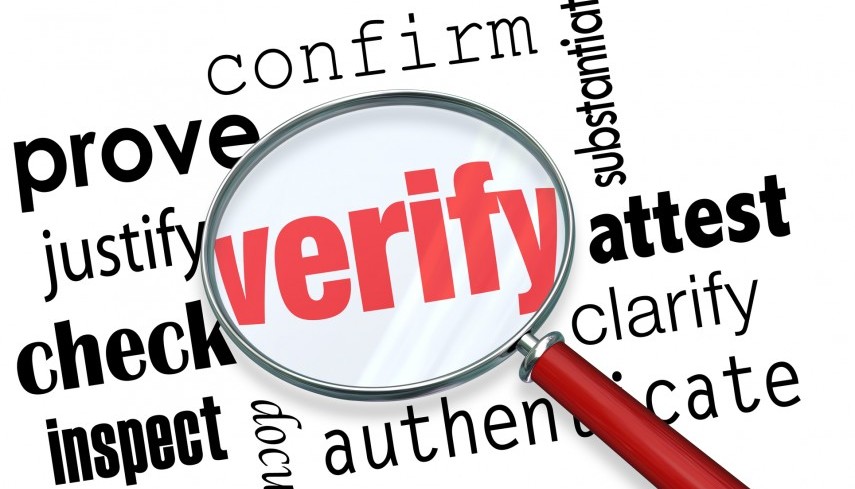Several factors are known to contribute to nation-building. These factors are influenced by slow economic development, rapid population growth, income disparity, inflation, social factors, and unemployment. Stability in these factors would lead to better growth of the nation.
Another factor that needs to be considered with a lot of weight is the role of women in nation-building; one that is instrumental in contributing to the country’s fluctuating economic conditions. In India, 20% of women do not have access to a bank account to begin with. The majority of others who have access are also not keen on financial independence or decision-making.
In this blog, we will explore the challenges women face in terms of personal finances.
Challenges Indian Women Face On The Personal Finance Frontier
Women face many challenges when it comes to earning their own money and using it, let alone saving it. Let’s closely look at the challenges most women in India face in managing their personal finances.
1) Limited To Zero Knowledge About Finances
Indian women in urban cities from higher socioeconomic backgrounds are likely to know more about managing personal finances compared to women from lower socioeconomic backgrounds. More and more families are recognizing the need to provide financial freedom for their daughters, sisters, and wives. However, this is not a consistent finding across all households.
To add to this, due to a lack of financial literacy, many women lack the confidence to take decisions. They fear not having enough supporting documents to get through the process. This further stops them or leads to a delay in reaching financial independence.
2) Less To No Ownership Of Personal Finances
Taking domestic help as a prevalent example, many female maidservants do not have access to the money they earn. In India, there are 4.8 million domestic workers, which includes 2.9 million female domestic workers. It’s either transferred to an account that is in the husband’s, elder brother’s, or father’s name, or the monthly cash earned has to be given to the spouse. Most often, the female has no say about the money she earns through hard labour.

3) Relying On The Male Decision-Maker For Purchases And Important Financial Decisions
Most often, when a woman is approached, she is often associated with being the less dominant decision-maker in the family. Most of the time they are secondary in the decision making. For example: Many insurance agents first ask a woman to bring along her husband or father to accompany her while selling her an insurance package as she is most likely not going to be the ultimate decision-maker.
Another simple example is at restaurants where the bill is often forwarded to the husband or elderly male in the family. The woman in this case is rarely considered to be the one to pay the bill even though she has the ability to pay on her own accord.
4) Low Access To Technology
In India, 36% of women are less likely to own a mobile phone compared to men. On a global level, it is estimated that 200 million fewer women in low and middle-income countries own mobile phones compared to men. Lesser access to technology further limits a woman’s access to financial knowledge and access.
Financial literacy is crucial for every individual, including women at all levels. Empowering women on this front will reduce the challenges they encounter, and in turn help empower the nation.
FAQs
How can I gain financial freedom as an Indian woman?
The first step is to take the initiative to learn more and to believe that you are capable of understanding personal finance management. Our one-stop solution, Fun with Finance can help you take this initiative.
But, is it not enough that my husband handles the finances?
Two are better than one when it comes to making financial decisions. That said, spouses make important decisions together, including income discussions, taxes, and so on.
What if I do not have the necessary documents to open a bank account?
At Fun with Finance, we help you grow your knowledge about finance, including the fastest steps to open a bank account, and a lot more. Reach out to us to start your course today.



